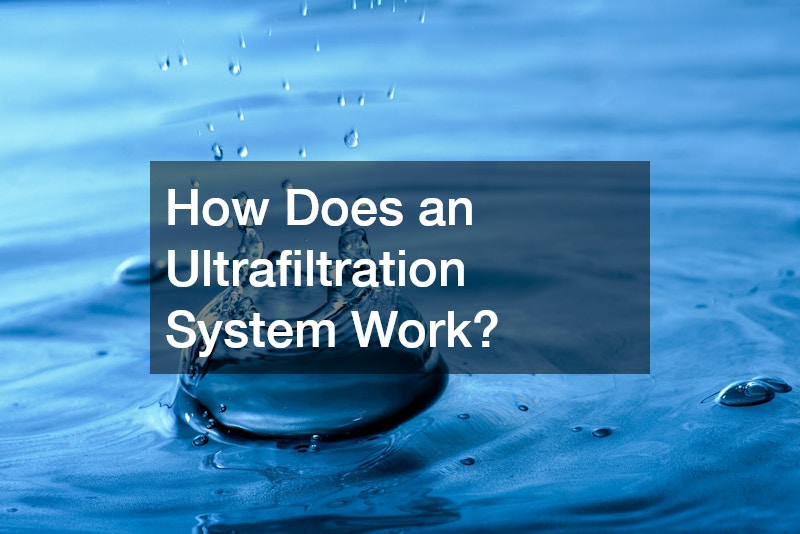How Does an Ultrafiltration System Work?
An ultrafiltration system is a sophisticated technology designed to purify water through a membrane filtration process. At its core, the system uses semi-permeable membranes with pore sizes typically ranging from 0.01 to 0.1 micrometers. These membranes are fine enough to remove various contaminants such as bacteria, viruses, and suspended solids, while allowing water and low […]
